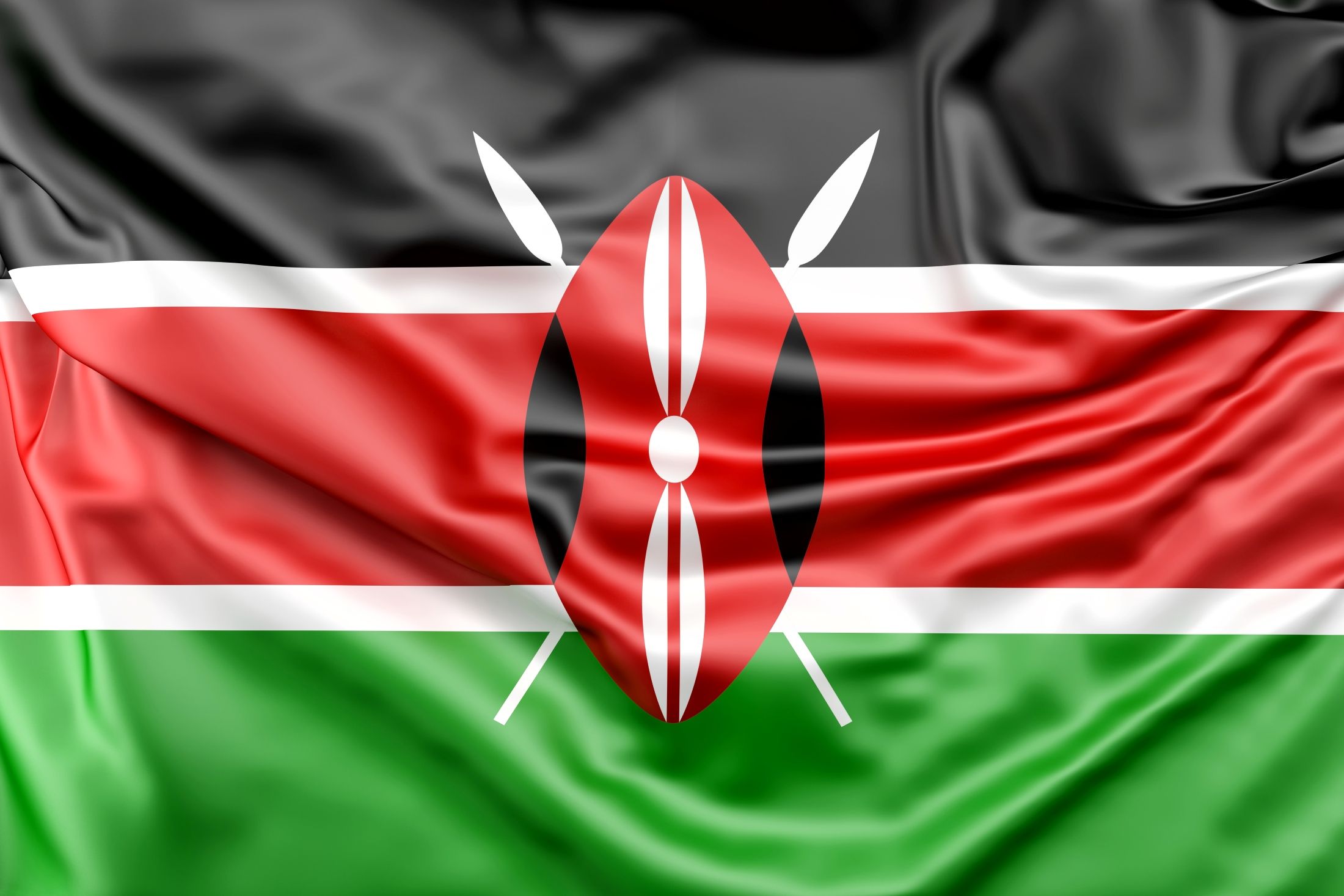1. Opening Invocation
A Mourning Letter to the Soul of Kenya
Dear Kenya,
We begin not with protest, but with mourning. For every single soul lost in this revolution, and for a dream that died before the nation grasped whether it was ever truly born.
We write this at a time of national despair. When children are in the streets, and their parents are watching with equal parts pride and panic. When the air is heavy with possibility… and tear gas. When the soul of our country is not just in question—it is on trial.
This is not a manifesto. It is a memory. A memory of everything we were promised…and still believe we might become.
2. Post-Election Violence & the Legacy of Betrayal
The Wound That Never Healed
Kenya is a country held back by the need to plan, operate, and speak in five-year cycles of pain. 1992. 1997. 2007. 2017. And now, 2024 and 2025.
The violence doesn’t always wear the same clothes. Sometimes it’s “tribal equality”. Other times it is “constitutional liberation”. Sometimes it’s “economic justice”. Sometimes it’s on the ballot. Sometimes it’s in the shadows. In our homes first, then pouring out into the streets.
But always—always—it is betrayal. The betrayal of the poor by the powerful. Of unity by opportunism. Of citizens by their own country.
Some of us carry these wounds personally. Some carry them historically. But all of us carry them silently until silence breaks—like it is breaking now.
3. BBI & What Could Have Been
The Blueprint We Fought Before We Understood
There was a moment in 2019 – 2020—a brief and bitter one—where we tried to dream about structural peace. BBI, for all its political noise, was at its heart a proposal for redesign. Not perfect. Not pure. But meaningful.
It attempted to dissolve the zero-sum game of fear-based tribal machination. To decentralise rewards. To create space at the table—not just for more voices, but for more Kenya.
We didn’t understand it then. Maybe we weren’t ready. But we feel the cost now. Without reconciliation, we are always one election away from violence. Always one bad leader away from collapse.
BBI was a chance to prepare the soil. Instead, we paved over it and planted rage.
4. The Rise and Collapse of Hustler Nation
The Dream That Died in Our Hands
Even before BBI failed, a vacuum had already been opened, intentionally, by a story that swept all the goodwill away. A story that would change everything: Hustler Nation.
We were told:
“You are not forgotten.”
“You are not too poor to matter.”
“You are the engine of this economy—and we will fuel you.”
And we believed it. Not because we were desperate, but because we were ready. We had ideas. We had ambition. What we lacked was infrastructure. We thought this was it.
Then came the 700 shillings Hustler loans. Business loans that were never deserving of the name. It was more of a competing product to M-Pesa Fuliza and digital lending apps we’d all already learned to shun than funding for startups trapped in hopelessness.
It wasn’t just the peanuts or “mzinga ya kuchangana” money. It was the message: Dream smaller.
It was the insult. It was the heartbreak. It was the slap in the face of every youth who had been waiting to be taken seriously. And that betrayal is what cracked the dam.
5. We Shouldn’t Have to Choose Between Peace and Identity, or Unity and Progress—We Can Have It All
A Declaration of Full Kenyan Humanity
We are tired of binary choices. Tired of being asked to trade dignity for peace. To accept stability without a voice. To pick a side, a region, a tribe—when all we want is a nation.
We want peace. Yes. But also full identity. Not arrogance, but recognition. The kind that comes from contribution, from creation, from being part of a country that works.
We want unity. But not unity built on silence or compromise. Unity built on belonging. We are done asking for scraps from history.
We want to write the future—in the pages of history, not just the footnotes.
6. The FPE Generation Wakes Up
We Were Raised to Believe, Then Forced to Prove Ourselves
We are the children of the triumphant mood of 2002. The first to walk into classrooms under Free Primary Education.
What our parents don’t get is: We didn’t just sit in desks, with new books and fountain pens, we sat on hope.
We thought:
“If we work hard, we’ll rise.”
“If we learn enough, we’ll earn enough.”
“If we stay in school, we’ll stay out of poverty.”
But the pipeline broke. Degrees gathered dust. Internships became unpaid labour traps. Government jobs disappeared. Private sector work became a game of who do you know?
And when the system didn’t seem ready to take us in, we turned to dreaming.
7. Visions of the Global Village and International Citizenship
How the Internet Made Us Ambitious and Why the System Needs to Catch Up, Quick
We came of age during the digital explosion. We saw Facebook become a household word. Watched Steve Jobs unveil the iPhone. Heard of kids building apps and becoming millionaires.
We didn’t want their money, we wanted their method. We wanted to solve things. We wanted to make things. We taught ourselves design. Coding. Branding. Budgeting. Strategy. The world gave us tools. And Kenya gave us... the frustrating run-around.
But now it’s time. Not to ask the world for help. But to ask Kenya to finally catch up to its own best potential.
We don’t just belong to the 47 counties. We belong to the planet. Let’s act like it.
8. The Cost of Entrepreneurial Inclusion
A KES 500 Billion Enterprise Fund That WORKS
500 billion shillings—half a trillion, a full eighth of our national budget this year. It sounds like a lot until you break it down. Until you realise it’s not a handout, it’s a hand up.
We’re talking about real infrastructure. Incubation hubs in every county. Trainers. Mentors. Curriculum. Testing labs. Prototypes. Pilots. Global roll-outs into the 2030s and beyond.
We’re talking about cohort-based startup accelerators, not gambling apps. We’re talking about seed funding tied to training and traction. We’re talking about building an economy where the genius of the youth doesn’t go to waste.
This isn’t idealism. It is an economic design at a national level. And it works—everywhere it’s been tried seriously. Britain thrived on it. As did America and China. The Gulf states are investing massively too.
So let’s try it here, in the very cradle of humankind. See the global transformation that comes.
9. The National Mirror
To Every Institution With Power: Look Again
To the banks: Stop laughing at youth with dreams. Start listening.
To the church: Pray, yes—but also mentor. Also invest.
To the private sector: You want talent? Build pipelines. Not just internships.
To civil society: Mobilise around solutions, not just soundbites.
To the media: Stop chasing scandal. Start amplifying what works.
To educators: You are planting futures. Teach like it.
To every Kenyan with influence: This is not a trending moment. It is a turning point.
And to the government—all arms, all levels: Fix your contract with the people. We are not your subjects. We are your shareholders.
10. Closing Prayer to the Soul of Kenya
May This Not Be the Story of Another Generation Betrayed
We end not with blame. We end with belief.
We believe in this country. We believe in our people. We believe in dreams.
But belief alone is not enough anymore.
We need investment. We need honesty. We need mercy.
May this be the last generation that is asked to wait. The last to march just to be seen. The last to bury friends whose only crime was loving their country too loudly.
We are ready. We’ve been ready.
Even if we weren’t supposed to be the ones. Even if we were never meant to write this letter.
We did. Because someone had to.
Yours humbly,
Peter Gatuna,
A Little Gen Z/Millenial Mr Nobody.





